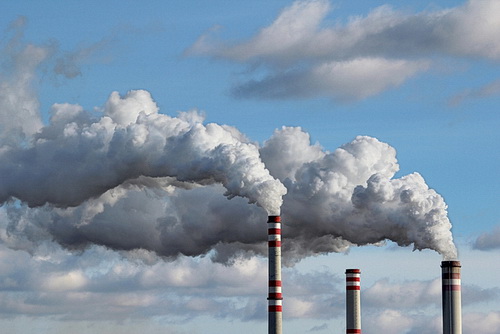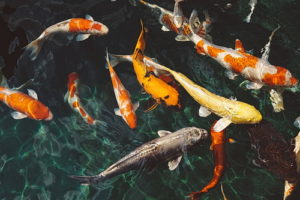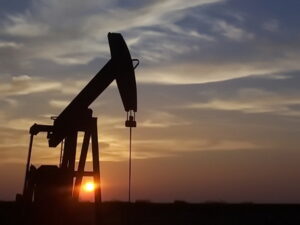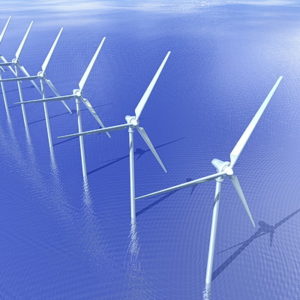
Climate Change Overview
Climate change is one of our planet’s most pressing issues, and its significance cannot be overstated. It is a global problem that affects every aspect of our lives, from the environment to the economy, and if left unchecked, it has the potential to cause devastating consequences.
Global warming directly affects human and animal life by making our environment hotter and more unpredictable. Increasing warmer weather can make us all sick, especially the elderly. It also makes the air dirtier, which can cause breathing problems like asthma.
Climate change disturbs our planet’s natural environment. For example, insects that spread diseases like malaria and Lyme disease are moving to new locations, affecting more people who have never been exposed to these diseases before. Sometimes, too much rain or not enough can interfere with our food and water supply. Bad storms and disasters are occurring more often. To stay healthy, we must stop climate change and care for each other.
This article will explore why global warming is so important and why urgent action is necessary to mitigate its effects.
The Environment

First and foremost, climate change, also known as global warming, is a threat to our ecosystem. The Earth’s climate is a complex entity, and any drastic changes can have far-reaching consequences.
The continuous rise in greenhouse emissions, such as pollutants from cars, planes, and industrial complexes, causes temperatures to rise. For example, increasing temperatures and changing rainfall patterns can lead to more frequent natural disasters, such as hurricanes, floods, and droughts, which destroy homes and infrastructure.
The temperature has risen about 1.8 degrees F (1° C) over the last century, but most of this rise has occurred within the last four decades. This slight rise in temperature may not sound significant, but it is and has already caused numerous global issues.
Natural disasters caused by this can also lead to an economic burden, as governments would be forced to spend billions of dollars on rebuilding damaged infrastructure and homes, as well as added costs to individuals.
Upsetting the Balance of Nature

Wildlife will not be immune to this changing environment either. As temperatures rise, it is becoming difficult for some animals to adapt. Some species could become endangered or even go extinct, and even now, polar bears are struggling to find food as the Arctic ice melts, and coral reefs are dying due to rising ocean temperatures.
The potential results can have problematic effects on our crops and agriculture. Crop failures will lead to increased food prices and potential famine in certain parts of the world, and disruptions in supply chains can lead to food and water shortages.
A negative change in the climate will also raise sea levels, which can lead to flooding and erosion of coastlines, further exacerbating the damage caused by natural disasters.
The Human Effect

Climate change can significantly impact our health. As temperatures rise, so does the risk of heat-related illnesses such as heat stroke and dehydration.
Increased air pollution due to industrialization and deforestation can result in respiratory problems, heart disease, and even cancer. It can also spread illnesses such as malaria and dengue fever, since warmer temperatures create more favorable conditions for disease-carrying insects to propagate and spread to new regions.
Poor air quality resulting from increased pollution can also exacerbate the situation. Respiratory problems such as asthma may become more common, increasing the risk of heart disease and stroke.
These health issues will disproportionately affect vulnerable populations, such as children, the elderly, and people with pre-existing medical conditions. In populated communities, such as large cities, they can increase exponentially.
The Economy

As extreme weather events become more frequent, there is an increasing risk of damage to infrastructure, such as buildings, roads, and bridges. In addition, its impact on food prices will be detrimental worldwide. Building sea walls and other protective infrastructure is likely more common and costly for the everyday consumer.
Is There Light At the End of the Climate Tunnel?

Transitioning to a low-carbon economy can create economic opportunities, such as developing renewable energy sources and creating green jobs. An economic issue is that the effects of climate change can disrupt agriculture, leading to lower crop yields and higher food prices. This can disproportionately impact low-income countries, where agriculture is a significant part of the economy.
What You Can Do About It!
Given climate change’s significant impacts on the environment, human health, and the economy, we must take action to address this problem. The good news is that individuals, governments, and businesses can do many things to mitigate the effects of climate change.
Here are some of the more prominent advocacy groups that you can join to help mitigate climate change and reduce its impact on the environment and our health.
-
- 350.org: A global grassroots movement focused on ending the use of fossil fuels and promoting renewable energy solutions.
- Greenpeace: Known for its direct action campaigns, Greenpeace works to combat climate change, protect biodiversity, and advocate for environmental justice.
- Sierra Club: One of the oldest and largest environmental organizations in the United States, the Sierra Club works on issues including climate change, conservation, and renewable energy.
